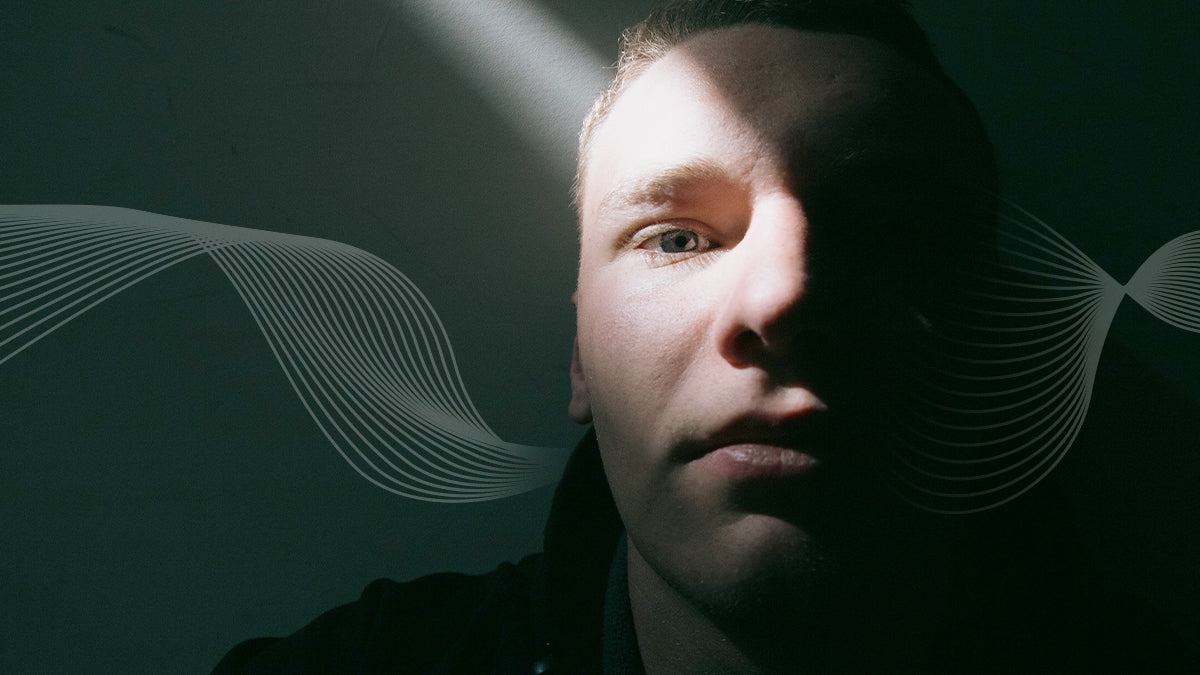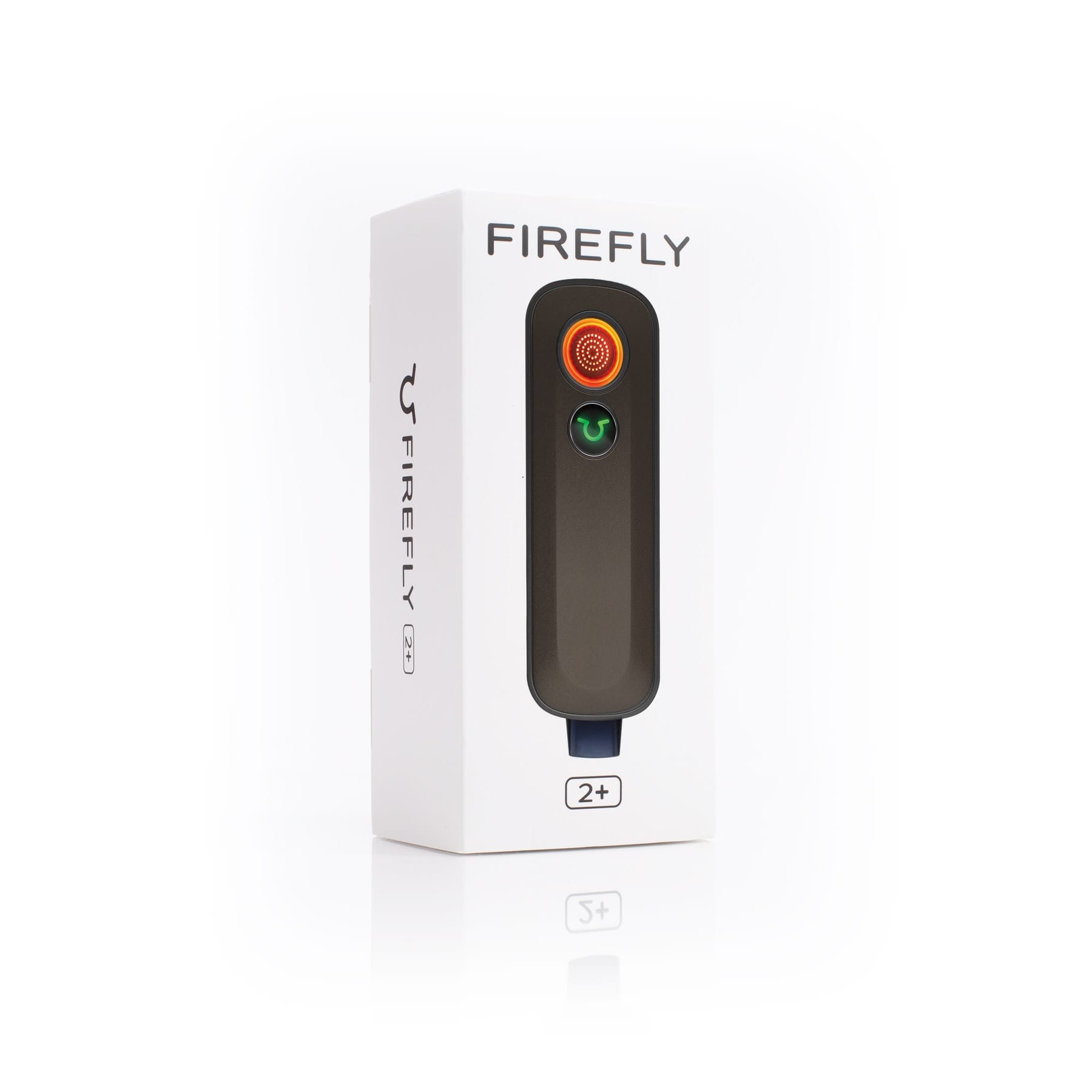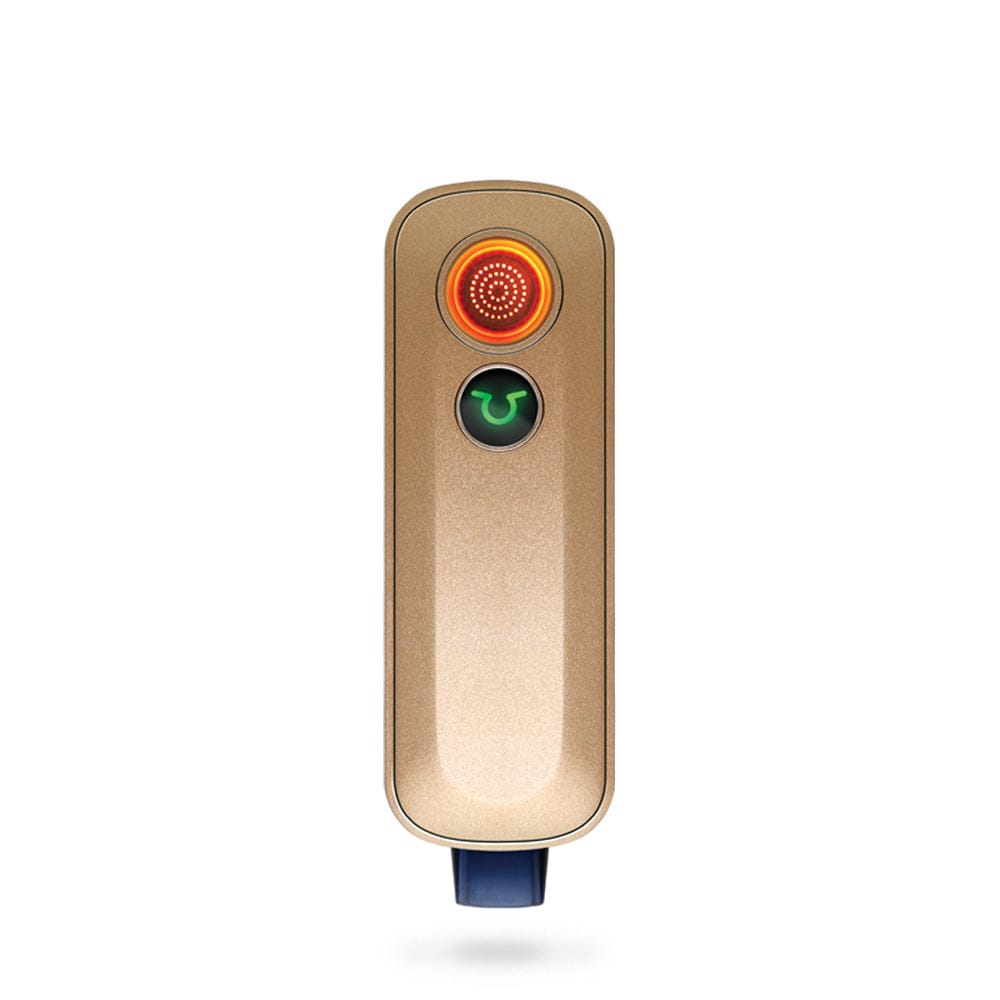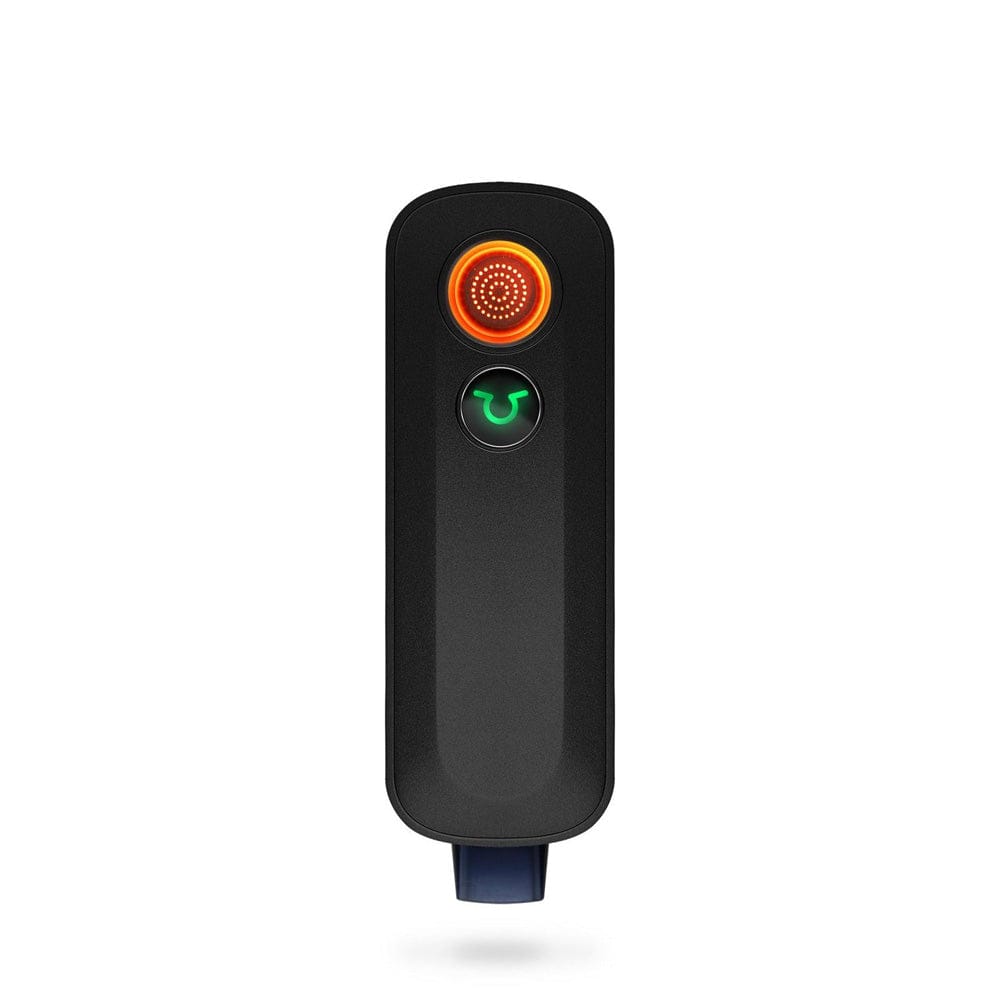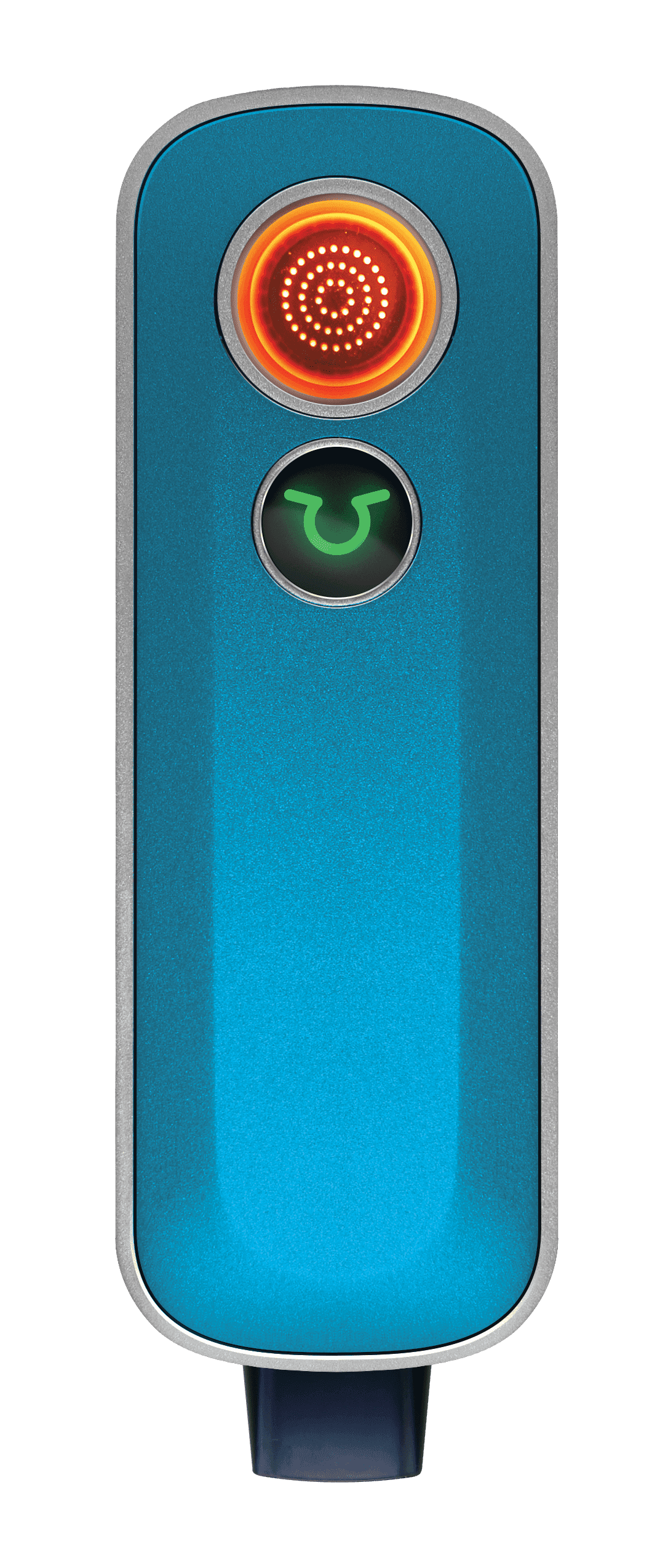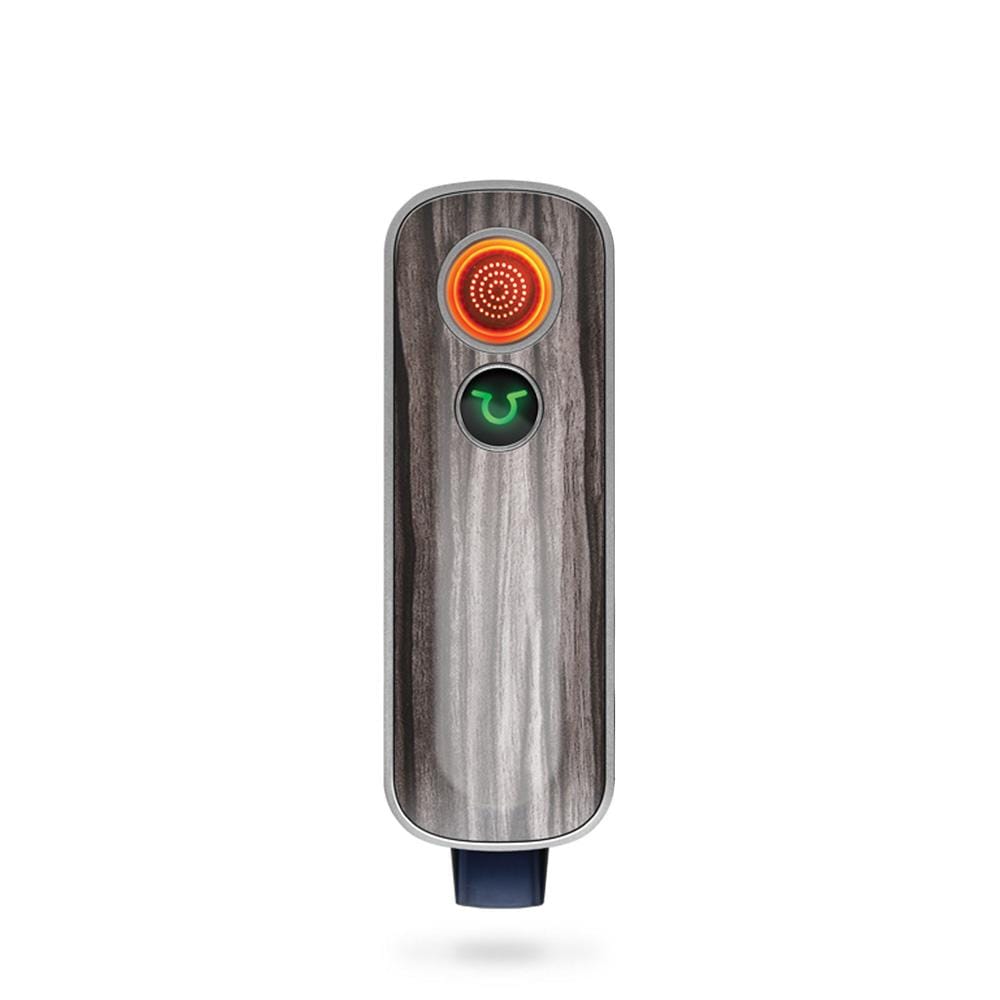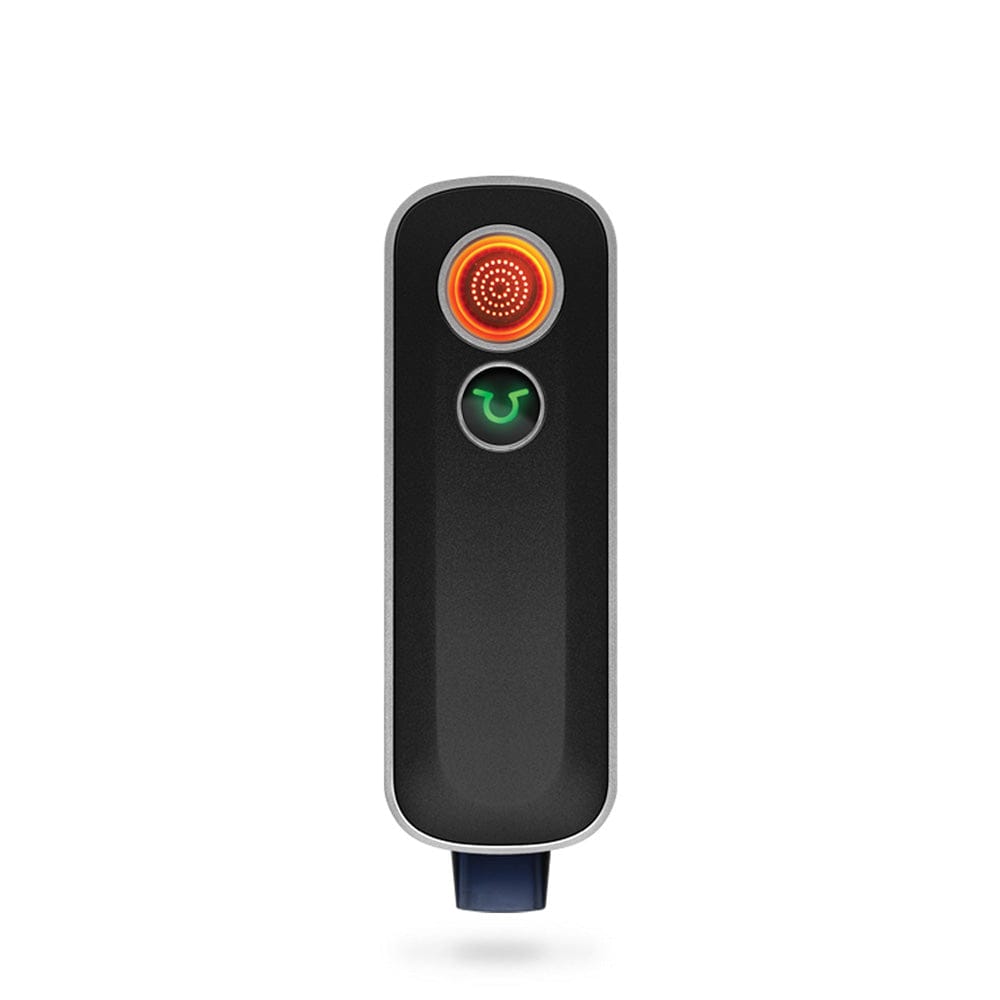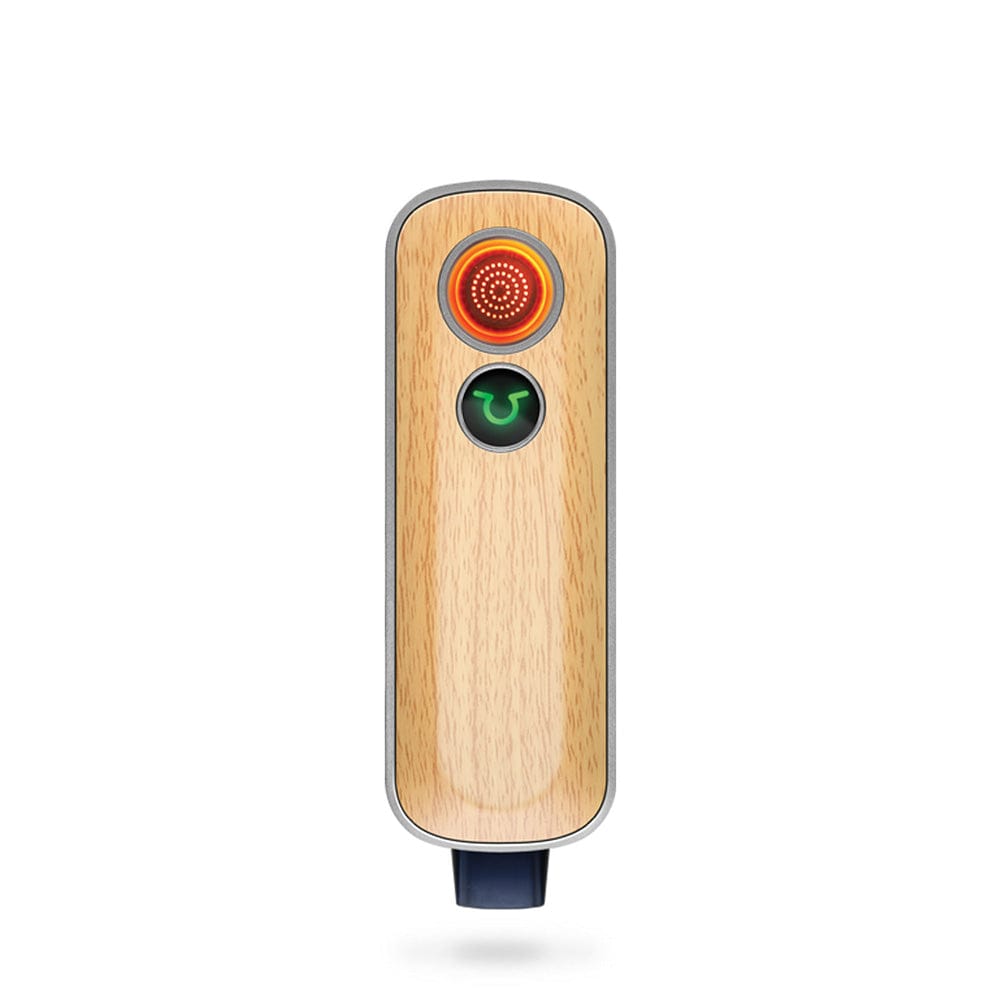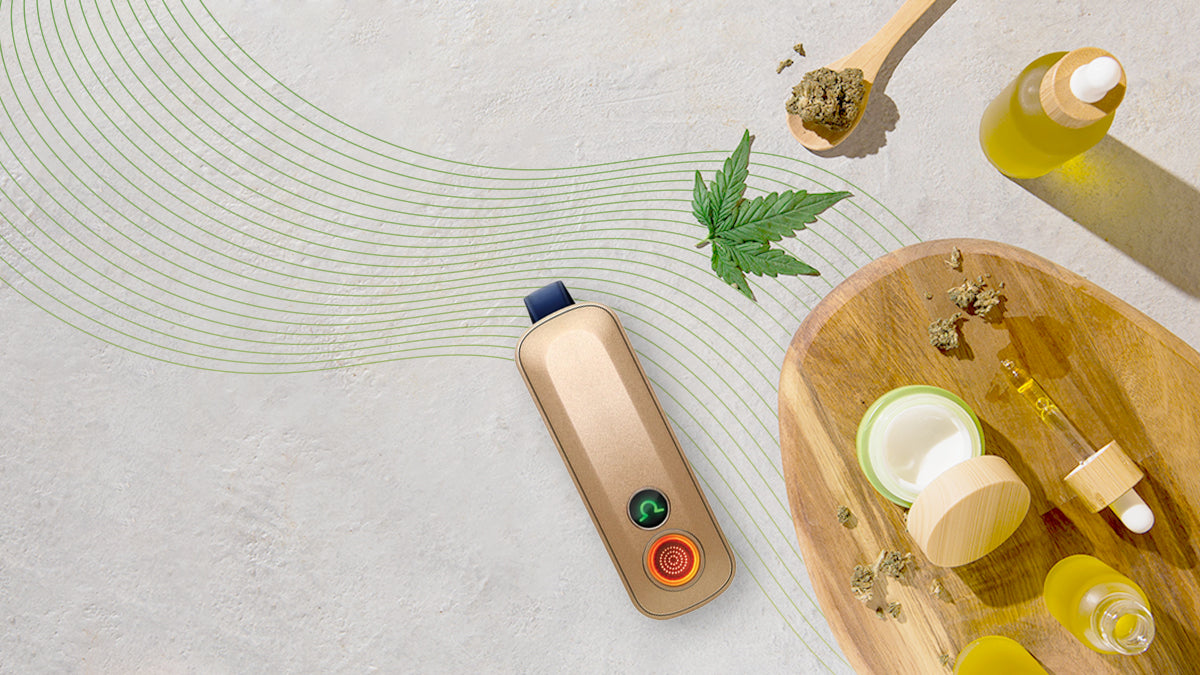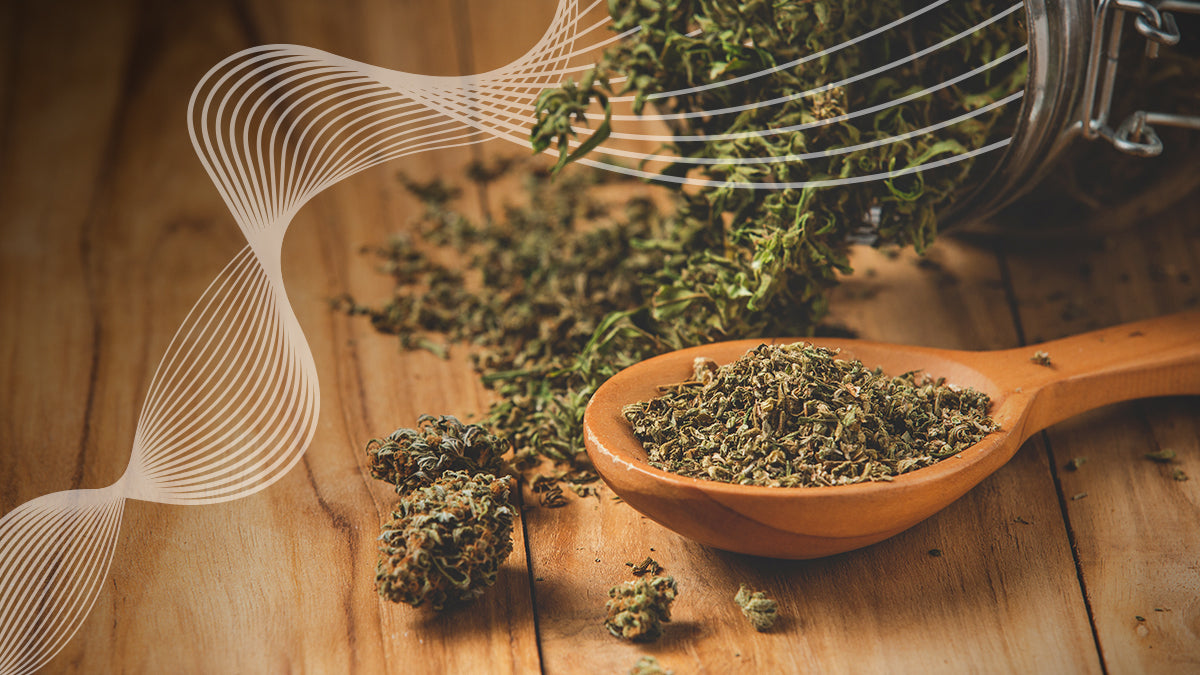There’s been a recent increase in vaping cannabis for its medicinal value, for physical and mental health. But due to some consumers’ sensitivity to THC (tetrahydrocannabinol), a lot of people are asking the question - does vaping cause anxiety?
Of course, not all cannabis strains, types, or their effects on consumers can be treated equally. For strains and cannabis product types, they contain varying compounds, like cannabinoids and terpenes that produce varying effects. As for consumers, cannabis affects everyone differently based on their unique body chemistry, tolerance, weight, metabolism, and other physiological factors.
To help you decide if vaping causes anxiety, for you personally, keep reading to find out everything you need to know. In this guide, we’ll try to answer the question - does vaping cause anxiety?
Can Vaping Provide Relief from Anxiety and Stress?
Once you learn how to vape, you’ll quickly discover there’s a lot to learn about the different types of effects you may experience. For instance, vaping cannabis oil will affect you differently than vaping flower. Also, consuming a sativa-dominant strain will affect you differently than an indica-dominant strain.
So, to answer the question - can vaping relieve anxiety and stress? Studies are suggesting yes, however, it’ll be dependent on the type of strain you pack into your flower vaporizer.
What are the other effects of vaping on mental health in general? Let’s dive into it.
Effects of Vaping on Mental Health

Speaking of the different effects that cannabis can produce, one of the most notable ones is its ability to induce relaxation. It does so through various cannabinoids and terpenes, like THC, CBD (cannabidiol), limonene, linalool, and myrcene - which are all compounds that are found to produce calming, soothing, or relieving effects on the consumers.
But how? These compounds interact with the body’s endocannabinoid system (ECS), which is primarily responsible for regulating everyday functions with the goal of maintaining homeostasis (the body’s internal stability while adjusting to external conditions). These everyday functions include mood, sleep, appetite, etc.
When consuming cannabis with a dry herb vaporizer, or when vaping concentrates, these unique compounds influence the ECS, allowing them to impact your mental health positively.
The Connection Between Vaping and Anxiety

One reason why some consumers may associate vaping with anxiety is due to the presence of THC or their unique reaction to it. Remember when we discussed how cannabis affects everyone differently? Some consumers may react to THC differently, and in some cases, experience raised levels of anxiety, or paranoia.
Often, this happens due to the person’s own tolerance or sensitivity to THC, or the dose or strength they consumed. For instance, they may not feel anxious taking one puff, but when taking three to five, they might.
If you love to vape but find the answer to the question, does vaping cause anxiety, not convincing enough, there is a simple solution. Seek out low THC cannabis concentrates, CBD-dominant flower strains, or just go ‘low and slow’ with your dosages, until you find your sweet spot of effects.
Another tip is to consume more indica-dominant strains as against sativa-dominant strains. Indica strains tend to be more relaxing, or sedating, while sativa strains are more energizing and euphoric, which at times may cause a consumer to feel anxious or overwhelmed.
How Does Vaping Affect Depression?
Vaping and anxiety isn’t the only link that consumers are curious about. Many are also wondering - does vaping worsen the symptoms of depression? Or can vaping help reduce depression?
One thing to understand about cannabis is that it’s extremely under-researched considering its wide range of potential medical benefits. Since cannabis was just recently legalized in most states in the US, and is still federally illegal, it’s been difficult for researchers to get funding to carry out definitive studies.
That means, we’re still waiting on conclusive answers to the questions - does vaping cause anxiety, and how does it affect depression? What we can share so far is the following studies linking cannabis effects with depressive symptoms:
- A 2021 study found that medical marijuana was associated with a reduction of symptoms in those with clinical depression. The study’s results indicated that the participants experienced reduced anxiety and improved sleep.
- Another study found that both THC and CBD showed anti-depressant effects at certain dosages.
- In Canada, a recent study showed anxiety and depression symptoms eased among the majority of participants after 12-18 months of use.
Keep in mind that there are also studies reporting that cannabis may be linked to a rise in anxiety and symptoms of depression. So, as always, explore cannabis safely by going low and slow with your dosages and choosing strains that are most compatible with favorable effects for mental health conditions.
The Final Word on Does Vaping Cause Anxiety?

Anxiety is a complex condition that affects the daily lives of nearly 6.8 million adults in the US, according to the Anxiety & Depression Association of America. In addition, a 2017 survey reported a significant number of Americans (81% of the 9,000 surveyed) believe cannabis is beneficial for health benefits.
But to find out for yourself, you’ll have to use this guide and the tips we provided on whether vaping cannabis for anxiety is the right move for you.
To help you in your exploration, it’s also recommended that you use the most high-quality vaping devices for a premium experience. Why? Simply because you don’t want to waste your expensive, top-shelf weed, in a cheap dry herb vaporizer and lose out on beneficial effects.
In that case, shop Firefly - a trusted, widely used vaporizer - for consuming flower and concentrates for effects that might benefit your health. The Firefly 2+ vaporizer is equipped with dynamic convection technology that delivers phenomenal flavor and reduces waste to get the most out of the flower or concentrates you purchase.
Use our handy guide to learn which temperature produces the most relieving effects.
